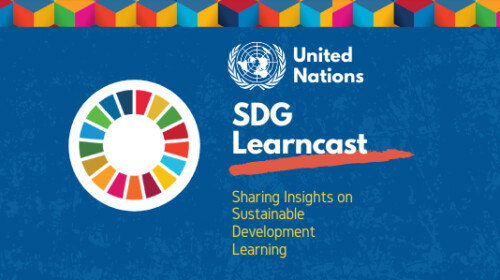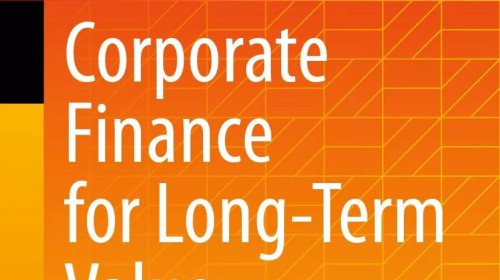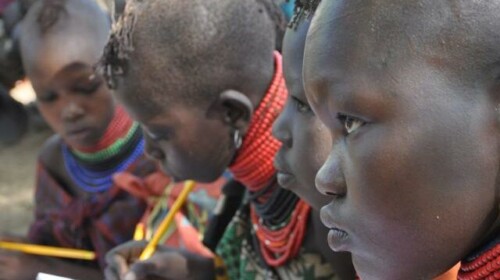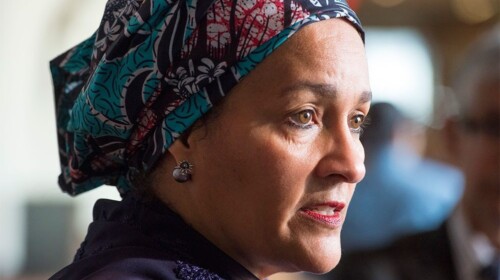Amidst the disruption and global uncertainty facing the world today, global dialogue and action is more critical than ever. In this context, the virtual UN Summer Academy will address key challenges to the achievement of the 2030 Agenda for Sustainable Development and explore collaborations at the global and local level to address these.
The 2021 virtual UN Summer Academy builds on the rich legacy of a very succesful virtual edition in 2020, as well as eight face-to-face editions. As in previous editions, the Academy combines academic rigour with cutting-edge thinking, providing participants with unparalleled learning and networking opportunities. It facilitates and fosters dialogue with thought and action leaders who are currently working towards the implementation of the 2030 Agenda and the Paris Agreement. Participants will explore transformative approaches required for implementation of the 2030 Agenda and share concrete examples and practices from diverse country contexts and stakeholder perspectives.
At the same time, this virtual edition capitalizes on the additional opportunities offered by its online format. Through experiential learning methodologies, participants will engage with a wide range of expert inputs, as well as in peer-to-peer learning, knowledge exchange and collaborative co-creation.
Thanks to the generous support of the state of North Rhine-Westphalia, this course is offered at a reduced price of $500.
Moreover, in order to offer highly qualified candidates the possibility to participate in the UN Summer Academy, the state of North Rhine-Westphalia is funding 62 full scholarships, covering fees for the five-day online learning event. The deadline for scholarship applications is 30 June 2021. You can find more details on how to apply here.
Target Audience
UN staff, national and local government representatives, civil society representatives, academics, private sector representatives, as well as a select number of master's and post-graduate students.
Applicants will be selected on the basis of their professional/academic profile and motivation statement.
Time requirements: As detailed in the “Course Methodology” section above, this is a synchronous course and participants will be expected to be online for four-five specified hours on all five days. Exact times will be shared with successful applicants shortly before the course begins, but UNSSC will offer two time windows: participants can select a window of either 10:00 a.m. – 4:00 p.m. CEST or 2:00 p.m. – 8:00 p.m. CEST).
Technical requirements: To take participate in this online training, participants will need access to a desktop PC or laptop with an internet connection, as well as a functioning webcam, microphone, and speakers. Internet speed and volume should be sufficient for four-five hours of video-conferencing each day. Due to the interactive and applied format of the Academy, it is not possible to participate using a mobile device. Further details on technical requirements will be shared with successful applicants shortly before the course begins.
Learning Objectives
Upon successful completion of the UN Summer Academy, participants will:
- Demonstrate a sound understanding of the key notions underpinning the 2030 Agenda for Sustainable Development and the Paris Agreement on Climate Change;
- Demonstrate an improved understanding of the key challenges and opportunities facing the multilateral development system and key actions at global and local levels to drive the future we want.
- Have benefitted from unparalleled networking opportunities, and demonstrate an increased awareness of the role of different development partners; and
- Have received exposure to good practices in the area of sustainable development at the local level.







